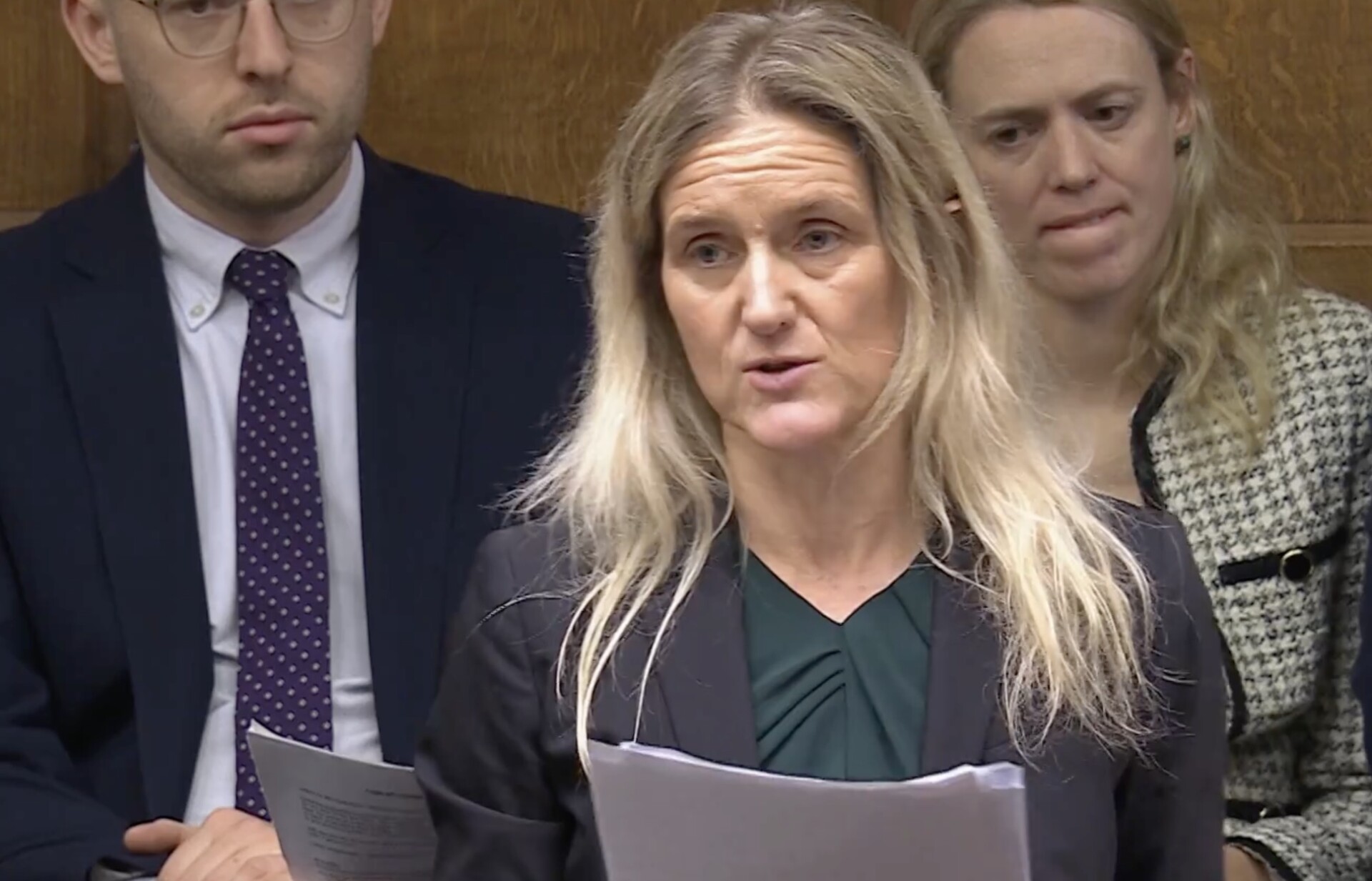The Terminally Ill Adults (End of Life) Bill today passed its second reading in the House of Commons by 330 votes to 275. Hailed as a “once in a decade opportunity” by Kim Leadbeater, the Labour MP who led the campaign, the vote in favour of assisted dying was met with hugs and cheers from supporters in Parliament Square. Yet, when she spoke during the Commons debate this morning, Leadbeater made several claims that have been labelled misleading, which in turn points to the complexities that come with safeguarding and eligibility concerns.
The MP for Spen Valley denied that this bill would lead to broader eligibility for assisted dying, claiming that “not one jurisdiction that has passed laws on the basis of terminal illness has expanded its scope.” Yet there are numerous recent examples in Canada, whose policies have been held up as a cautionary tale for the UK legislation, of citizens being euthanised for non-terminal, non-medical issues such as loneliness, despite the law requiring a medical condition for someone to be eligible. Indeed, last year there were over 15,000 deaths under the Canadian state’s assisted suicide programme — 4.6% of all deaths nationally. Belgium, where euthanasia was introduced in 2002, has also extended these laws to include under-18s, prompting accusations of the rules becoming a “slippery slope”.
Leadbeater also claimed this morning that “if the House passes the bill, the criteria [for assisted suicide] cannot change.” She pointed to the title of the bill as evidence that only adults come under its purview, but Parliament can and does amend both the names and the specific content of bills — and there is nothing in this particular one to prevent MPs from doing so.
On top of this, Leadbeater claimed that “doctors should be under no obligation whatsoever to participate” in the process. But the bill states that “a registered medical practitioner who is unwilling or unable to conduct the preliminary discussion […] must, if requested by the [patient] to do so, refer them to another registered medical practitioner whom the first practitioner believes is willing and able to conduct that discussion.” In other words, a doctor with doubts about proceeding with the measure would still be participating by referring the patient to another practitioner.
Also important to note was Leadbeater’s claim that permission must be granted by “two doctors and a High Court judge”. Really, the bill does not require the approval of a High Court judge, only that of a junior district judge. The Labour MP was also forced to correct her assertion that she had received the support of the judiciary.
In the run-up to today’s reading, Leadbeater has repeatedly cited popular support for legalising assisted dying, and this morning said that “it is clear that public opinion is very much in favour of a change in the law.” She added that “polling shows consistently that around 75% of people would like to see the legalisation of assisted dying for terminally ill, mentally competent adults.” Yet this figure is at the upper end of survey results in favour of the measure, and differently worded polls have yielded lower support, including by using more loaded terms such as “assisted suicide”. According to recent Focaldata polling, when Britons are told what assisted dying entails, support falls to just 11%.
Having passed its second reading in the Commons, the bill will now be scrutinised at committee stage before a third reading by MPs. It will then proceed to the House of Lords, at which point peers can table their own amendments.










Join the discussion
Join like minded readers that support our journalism by becoming a paid subscriber
To join the discussion in the comments, become a paid subscriber.
Join like minded readers that support our journalism, read unlimited articles and enjoy other subscriber-only benefits.
Subscribe